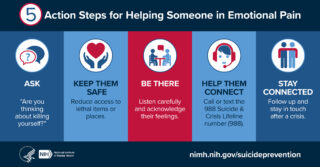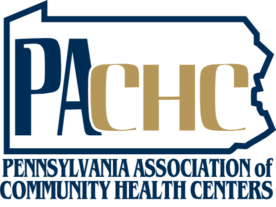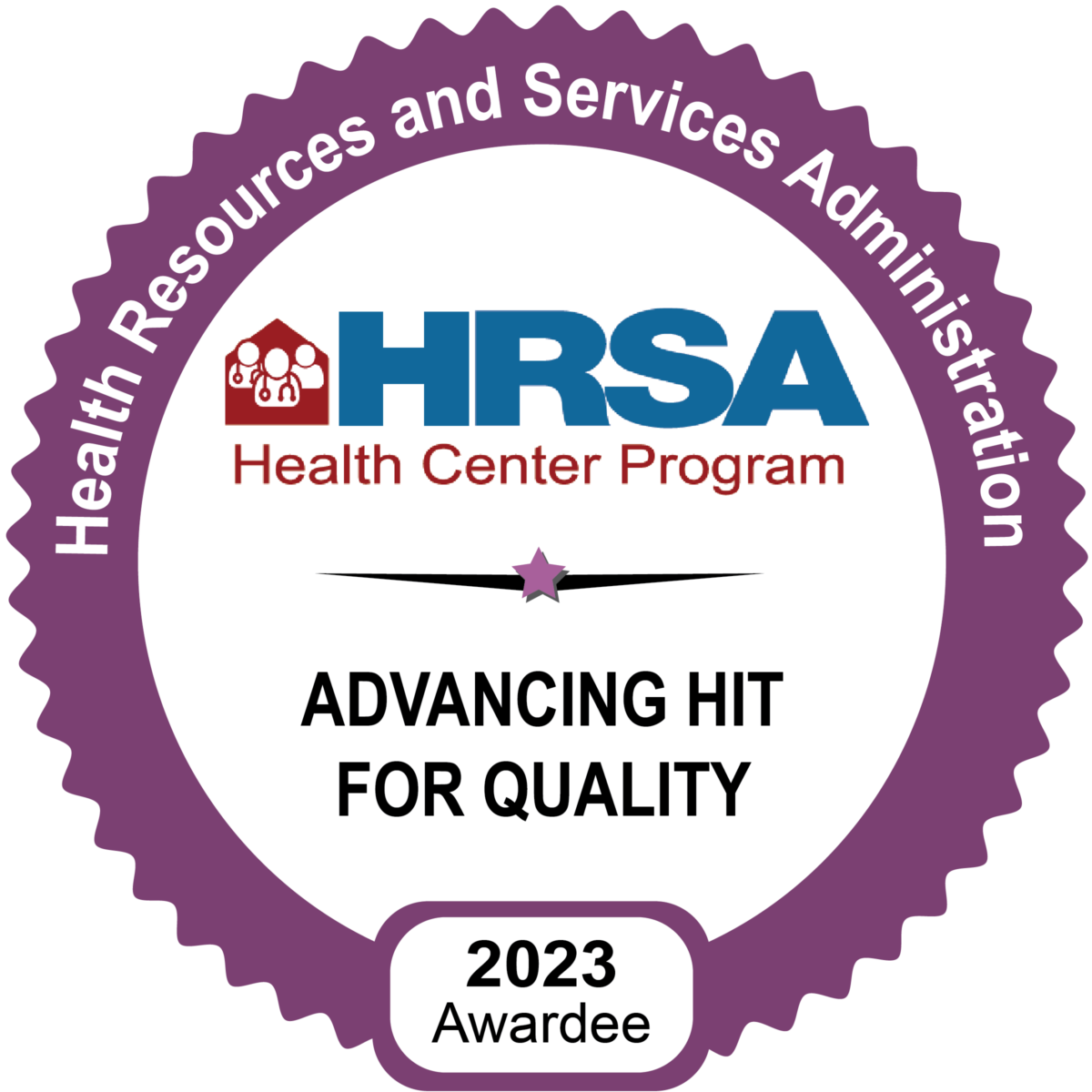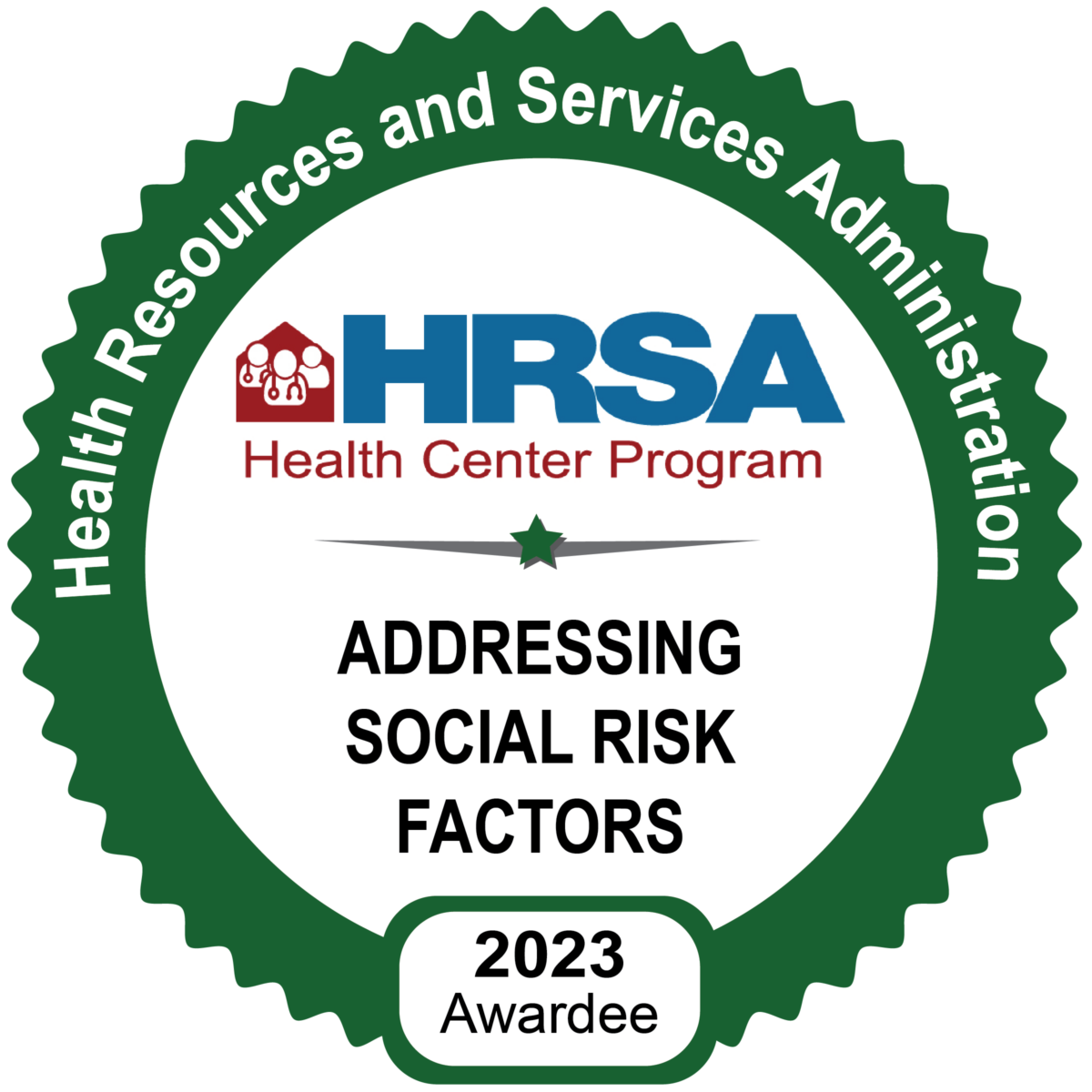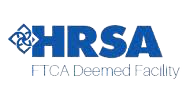
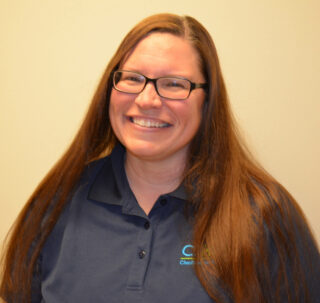
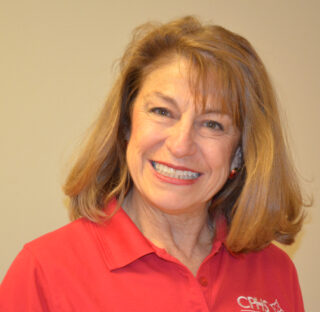
Like all good dental practices, we encourage our patients to begin bringing their children in as soon as they have their first tooth, and to make sure the whole family has a cleaning and check-up every six months. Often, we think about this in terms of preventing dental pain and preserving healthy tooth function. But it’s important to remember that dental hygiene is about much more than appearance or even the ability to chew comfortably. Good hygiene, including brushing, flossing, and regular cleaning, keeps teeth and gums healthy. A healthy mouth is essential to your overall health. Infections in the mouth can travel through the bloodstream and cause illness elsewhere. They make it more difficult to keep diabetes under control. Poor dental health increass the risk for poor birth outcomes. Sealants for children provide additional protection by preventing cavities.
As a community health center, ChesPenn’s focus is always on prevention wherever possible. Our Public Health Dental Hygienists are avid educators. They work with medical staff to ensure children have their first visit as soon as their teeth come in. They go out into the community to teach and screen for dental disease.
Dental Hygiene Fun Facts:
Fact #1: Fones School of Dental Hygiene opened in 1913 as the first dental hygiene school in the country.
Fact #2: The first bristle toothbrush was introduced in 1948; before that, animal hair was widely used.
Fact #3: Tooth enamel is the hardest thing in the human body.
Fact #4: Tooth decay is the second most common disease in the United States.
Fact #5: Regular dental cleanings can prevent heart attacks.
Six Steps for Proper Brushing and Flossing:
- Get the right angle – ensure you tilt the brush at a 45-degree angle
- Gently move your toothbrush back and forth but be sure you are not too rough.
- Cover all surfaces of your mouth including inside, outside, top, and bottom.
- Spend about 30 seconds on each quadrant of your mouth. Many electric toothbrushes will time this for you.
- Don’t forget to brush your tongue as well. A lot of bacteria lives on your tongue, so brushing that away will not only help get rid of the bacteria, but also give you fresher breath. If that’s uncomfortable, you can try a tongue scraper. They are less likely to trigger gag reflexes.
- Don’t forget to floss!
October is National Dental Hygiene month. If you haven’t seen your hygienist, make an appointment. And thank your hygienist for protecting your whole health.
For a fun introduction to brushing for your kids, watch “Teach Me How to Brushy,” put out by The Oregon Dental Hygiene Association. It’s an oldie but goodie.
https://www.youtube.com/watch?v=5ugQLL65BKc

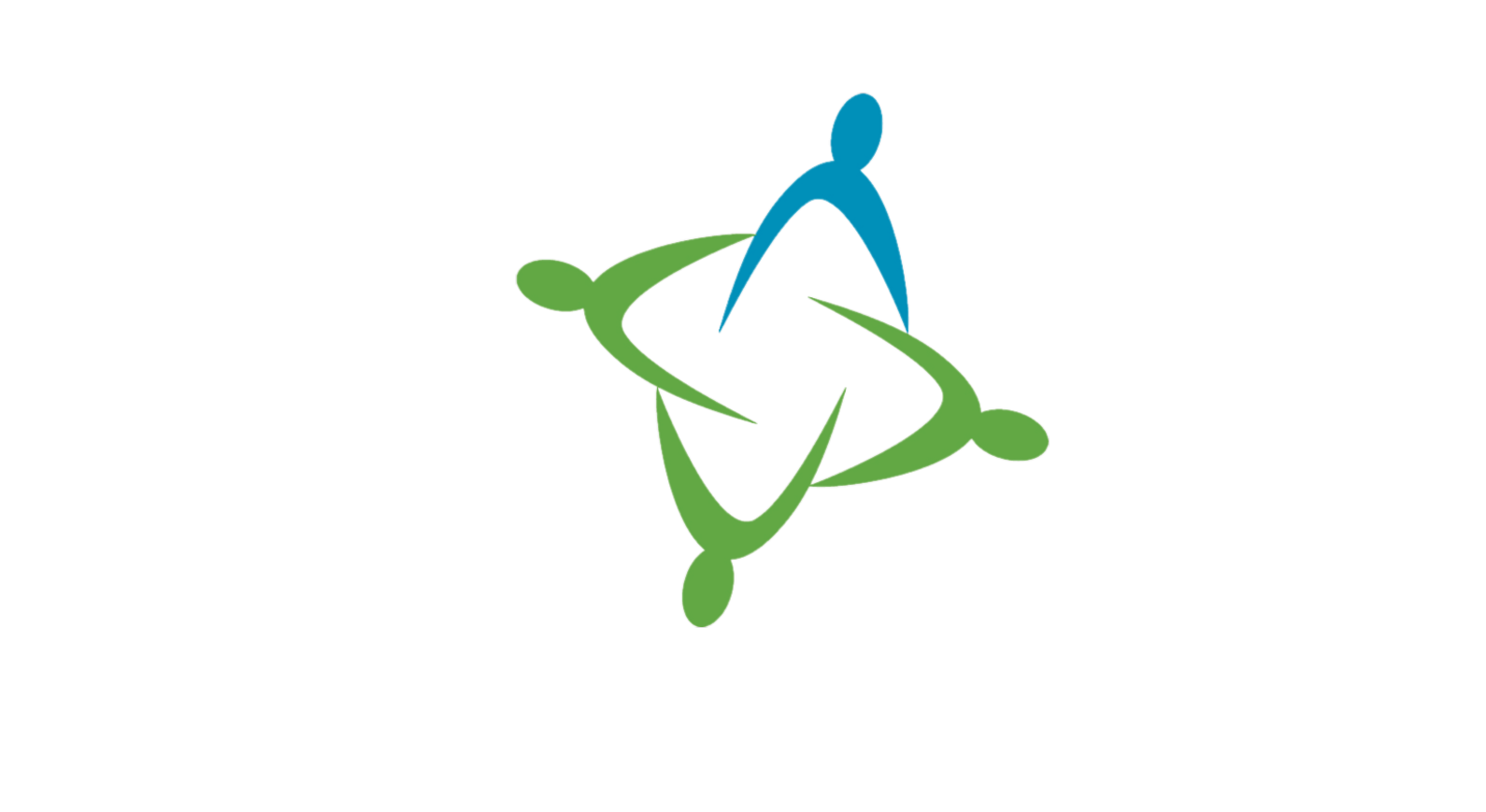
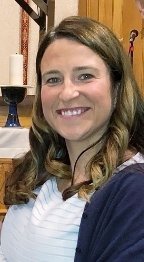 Chelsea Spiegelhalder’s family has deep roots in Coatesville. Her grandmother was a nurse at Coatesville Hospital long before it became Brandywine Hospital. Her father was a pharmacist. All of her family members have volunteered in local organizations and in their church. Chelsea herself has served on the Board of Directors of a local nonprofit. Many of her patients know her or her family because of their work in the community. That relationship often makes it easier for patients to trust Chelsea’s advice about managing their health.
Chelsea Spiegelhalder’s family has deep roots in Coatesville. Her grandmother was a nurse at Coatesville Hospital long before it became Brandywine Hospital. Her father was a pharmacist. All of her family members have volunteered in local organizations and in their church. Chelsea herself has served on the Board of Directors of a local nonprofit. Many of her patients know her or her family because of their work in the community. That relationship often makes it easier for patients to trust Chelsea’s advice about managing their health. Every October, pink ribbons appear all around us – on social media, in the news, even on food items. Breast Cancer Awareness Month will be on many minds this month, so it’s a great time to answer some common questions about what may put you at risk and what may help protect you:
Every October, pink ribbons appear all around us – on social media, in the news, even on food items. Breast Cancer Awareness Month will be on many minds this month, so it’s a great time to answer some common questions about what may put you at risk and what may help protect you: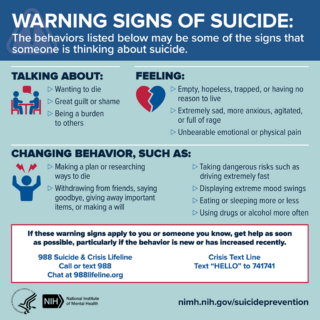 We don’t like to talk about it. And that’s the problem. Conversations about mental health are uncomfortable and we can always find a reason to wait, or tell ourselves that we are ok, or that our loved one is ok. But what if they are not? What if we are not? What if this is our one opportunity to prevent a tragedy? A few moments of discomfort are trivial compared to a lifetime of grief for those left behind. National Suicide Prevention Month is the perfect time to learn how to respond to a mental health crisis.
We don’t like to talk about it. And that’s the problem. Conversations about mental health are uncomfortable and we can always find a reason to wait, or tell ourselves that we are ok, or that our loved one is ok. But what if they are not? What if we are not? What if this is our one opportunity to prevent a tragedy? A few moments of discomfort are trivial compared to a lifetime of grief for those left behind. National Suicide Prevention Month is the perfect time to learn how to respond to a mental health crisis.